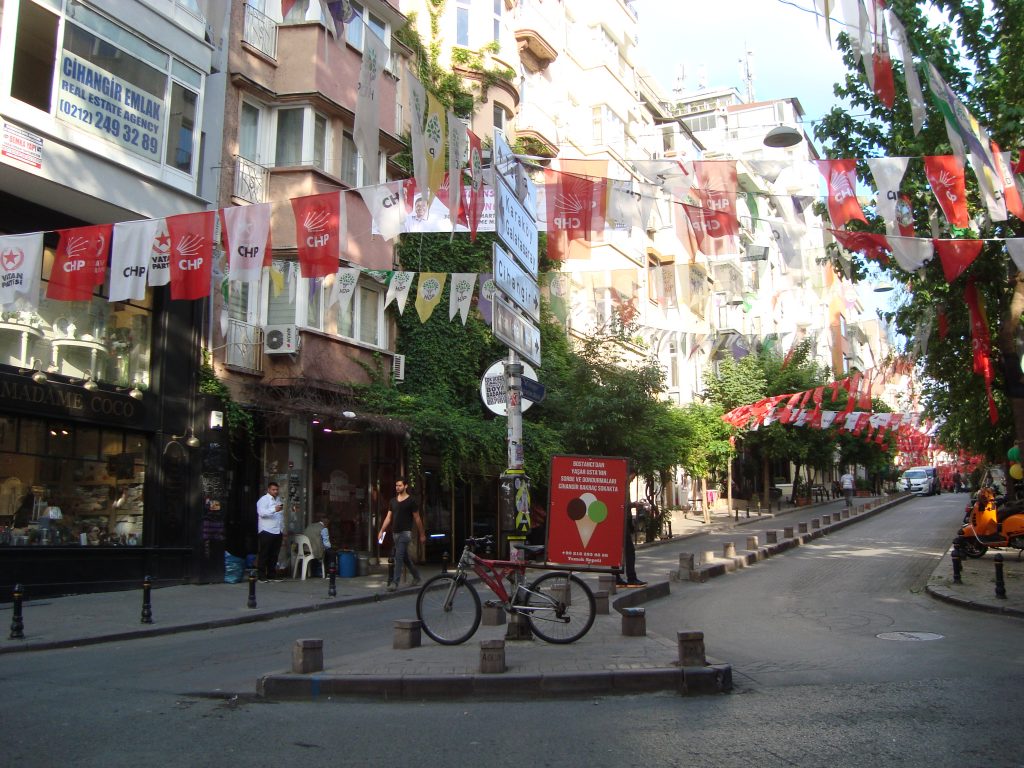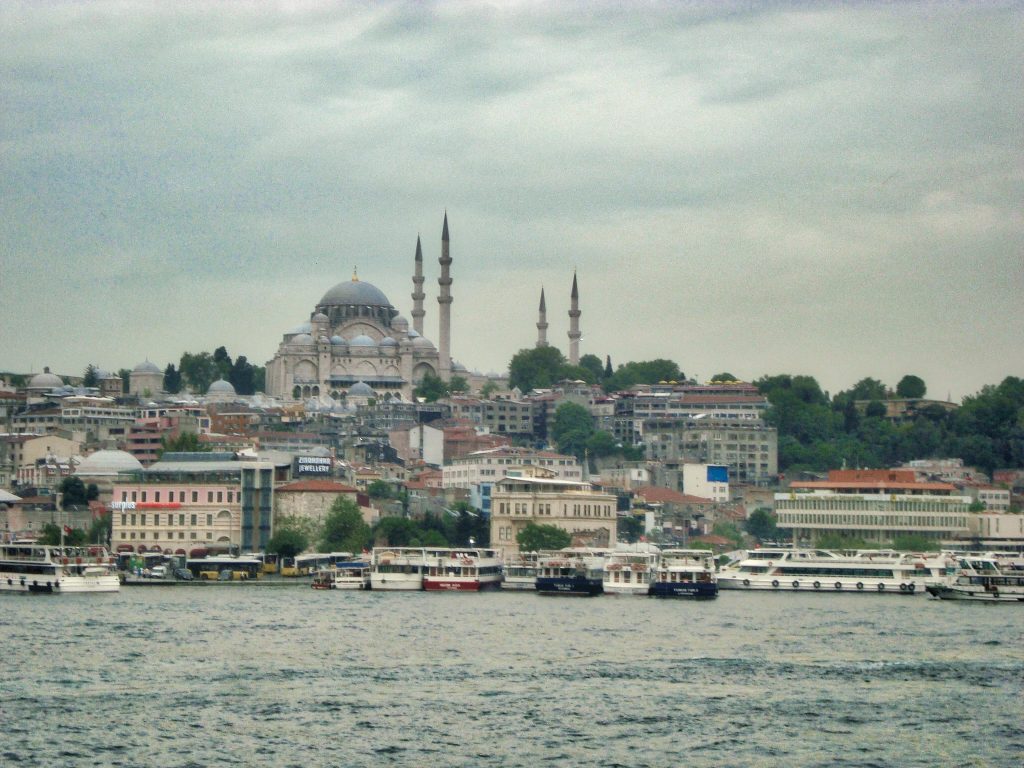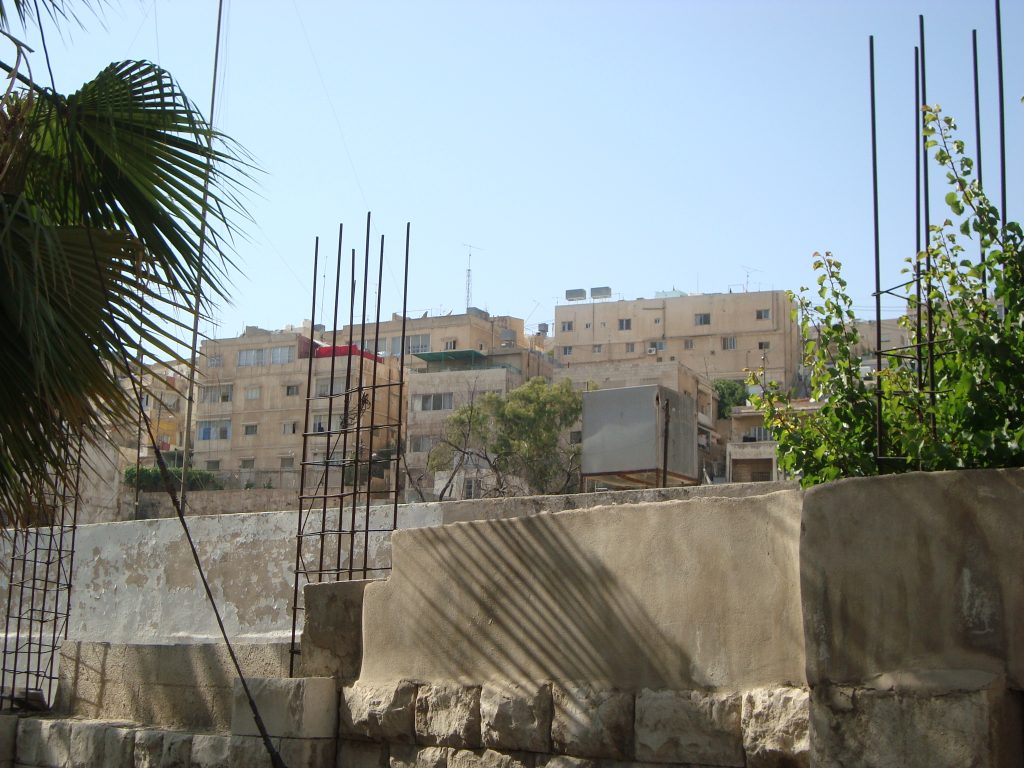(English) Interview for ‘Notes from the Field’: Petra Molnar, by Alessia Avola
» width= »768″ height= »1024″ />
On route to Gaziantep, Southern Turkey, near the border with Syria, 2015
When I asked Petra how she approaches field work, she expounded on the importance of thorough background research before departing and embarking on the work. This background research includes: understanding the local context; establishing linkages in the community with established persons and groups; and reflecting on your own positionality to the dynamics at play in a particular space. She recommends thinking through vital questions such as: Does this space have a history of information being (violently) extracted from its communities and people without the agreed-upon return coming back to the community? How is your power at play in your role as researcher? Do you understand your role as someone who is meant to learn and observe, and not act as an authority over the lived experiences of the community? One could also ask, how am I being responsive to the community with which I am working, and how do I know this?
For Petra, actors committed to doing ethical work must ground their research practices in local knowledge, and commit to critically assessing and reassessing their positionality, philosophy, and methodology. Petra noted that although there are a lot of organizations and initiatives that are doing community-based advocacy work, there is a current lack of trauma-informed frameworks, including frameworks that value the knowledge of people’s lived experiences, across disciplines and areas of study.
Turkish Election Campaigns, 2015
A trauma-informed framework of engagement includes (but is by no means limited to) a one that is designed with principal space for the target population who have experienced and continue to experience trauma. This population needs trust, space, and time to elucidate their required supports, with partners that are responsive to their needs and value their lived experiences and knowledges (without putting the onus for care onto them). She noted that elites in law, academia, and elsewhere must do more to make space for collaborative partnerships. This is critical, as Petra noted, because knowledge production organizes the conversations we have and influence discourse, especially when that knowledge trickles down to the media and is disseminated outward.
Istanbul, housing the majority of Syrian refugees, 2015
This paradigm is exemplified by the way that legal agents, media, and government actors interact to decide on legitimacy, victimhood, deservingness, and how these politically contested concepts become embodied. Careful thought should be devoted to the language used to describe refugees, or images used to associate refugees and migrants. Consider the association of refugee movements with ‘floods’ or other natural disasters who are over-running a country, accompanying visions of contagion and threats to the health or purity of the host country. These images and corresponding fears stoke and justify sovereignty-enforcing securitization tools like detention and expulsion. In Discretion to Deport, Petra documents the stigmatization, and subsequent deportations back to Syria, of Syrian refugees in Jordan who are engaged in sex work or found to be HIV-positive.[1]
I asked Petra about the key change she would make to how Canada treats refugees. She responded with a spotlight on empathy: ‘I would want people to look at the humanity of migrants and their hopes and fears. People get reduced to quotas and numbers, but they are complex and embody humanity, in all its dimensions.’ Petra’s response asks us to consider the stringent, unfair standards that refugees and migrants are held to, where they, to qualify legally or normatively as a ‘legitimate’ refugee and be considered worthy of care, are cast in a narrow light and understood as a particular type of victim.
Amman, capital of Jordan, 2015
We ended our discussion with a look inward, and backward. I asked Petra what advice she wishes she could have told herself at the end of her undergraduate degree. Her answer: to trust yourself, reflect on what it is you want in life, and what is right for you. This means asking yourself what balance you want to strike in your life, what matters to you, and re-evaluating the directions you thought your life would take. This advice coheres with my take-away from our conversation: it encourages a willingness to reassess one’s plan, engage in critical -reflection of self and our systems of value.
Thank you Petra, for being so generous with your time and thoughts.
[1] Molnar, Petra. “Discretion to Deport: Intersections between Health and Detention of Syrian Refugees in Jordan.” Refugee, Fall 2017, 18+. Academic OneFile (accessed February 28, 2018). http://link.galegroup.come.myacces.library.utoronto.ca/apps/doc/A515495283/AONE?u=utoront




